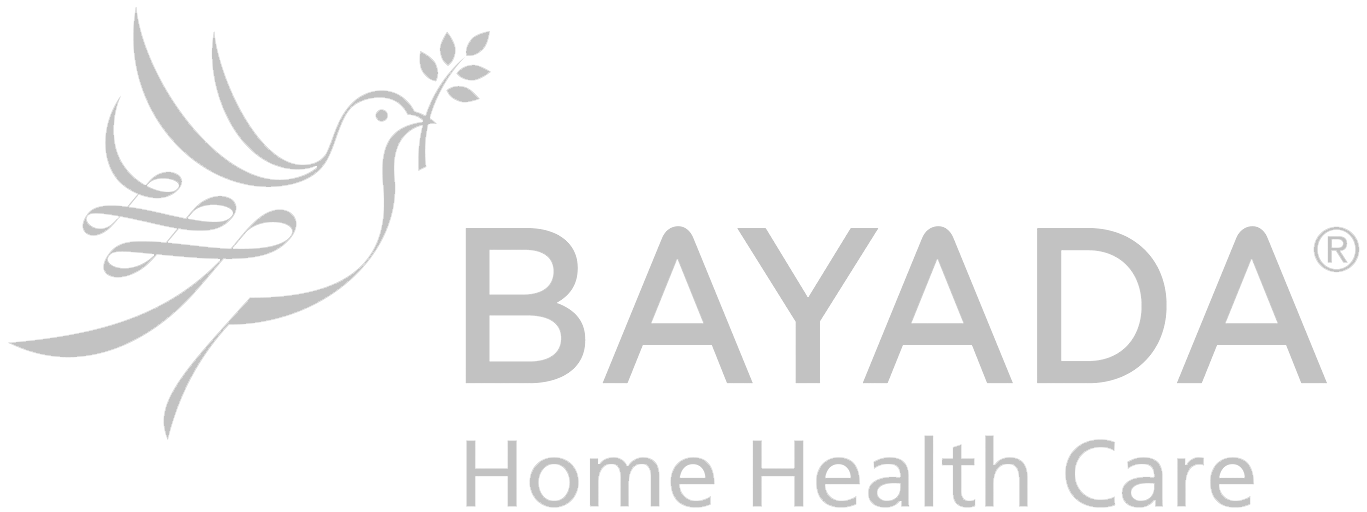How Healthcare Can Use Call Centers to Enhance the Patient Experience
- byNick DAlleva
- onJune 25, 2019
- inIndustry Specific
A non-healthcare business uses call centers because they place a high value on the customer experience. If a business is trying to handle their own calls and creating a bottleneck resulting in hold times and upset customers, they may use call centers to alleviate some of that pressure to handle multiple inbound requests simultaneously. If a business is only able to monitor a single communication channel effectively, they may use call centers to open up channels like live chat or text messaging while keeping communication records in one tidy location so it’s easily monitored. Whatever the challenge, businesses outsource to call centers because they understand that a customer’s experience with a business is just as important as the quality of that business’s goods or service.
How healthcare approaches call center outsourcing is a bit different. Traditionally, healthcare businesses will use call centers not to improve the patient experience, but to provide accessibility to a healthcare professional after hours. You’re sick, you call your doctors office after hours, a receptionist logs the reason why you’re calling, they hang up and call the doctor with the message, the doctor calls you back and discusses your issue. Done. Healthcare as an industry isn’t really concerned with better front end customer service to engage and retain patients. The traditional view is as long as the care is adequate and the access is 24/7, the patient (or customer) will stick around.
If you’re looking for someone to cut your lawn, it’s usually the first person who calls back who will land the job. However, if you call them up to request they trim your hedges next time they’re at your house and you don’t get a response, with how easy it is to change companies, you can fire the old company and secure a new one in the blink of an eye. Compare that experience to one you may have with your dermatologist. It may take 4 months to get an appointment, and they may tell you to call every week in the off chance someone cancelled so they can get you in sooner. And you’re basically stuck with no other great options and a weird bump on your forehead.
But healthcare is a business just like a business is a business. Healthcare can learn a lot from how small businesses use call centers while still maintaining HIPAA compliance and making sure that patient information stays safe.
Create A Patient Centered Script
As a medical provider outsourcing to a call center, keeping your patients’ experience in mind should be at the forefront when creating your script. Instead of just having your call center take messages for all calls, take advantage of the various features they offer, and implement them into your own call handling. Here are some ways to do that:
- Dispatching urgent messages: When your patients don’t feel well or are having an emergency, they don’t want to just leave a message in hopes of a return call. They want to speak with their doctor as soon as possible. By allowing your call center to transfer urgent calls to their doctor or have them follow a reach on-call protocol, your patients can feel at ease knowing someone is there to help.
- Scheduling appointments: If your call center isn’t helping your practice schedule appointments, you’re creating more work for your in-house staff, and irritating patients. When patients call your practice to schedule, they expect to be helped. Taking a message and having someone call them back to schedule simply doesn’t cut it anymore. Your patients are busy, and the quicker they can get on and off the phone while crossing tasks off their list, the better. Many call centers can use scheduling systems you’re already using, or integrate with web-based software for seamless transitions.
- Processing payments: Does your practice require patients to pay in advance in case of cancellations? Call centers that are PCI compliant can process payments on your behalf without the need of a call back.
- Prescription refills: Can call center operators re-fill prescriptions for your patients? Not exactly, but they can handle the task of gathering the patient’s name, number, prescription number and preferred pharmacy, which means one less thing you have to do.
- Frequently asked questions: Patients may call your practice with frequent questions like “will I need to pay a copay?” or “Do you accept my insurance?” or “What are your accepted forms of payment?” Instead of taking down their messages and having someone from your team call them back, your call center operators can answer those questions via programmable FAQs that can be customized at any time.
Give The Call Center Access to your Healthcare EMR System
When outsourcing to a call center, it’s important to create as seamless a transition as possible to ensure your patients are receiving top notch care. A good way to do this is to give your call center access to your EMR system. That way you are able to share patient information with your center that the agents can use when patients call in.
When your call center agents are able to show background knowledge of your patients, they’ll feel a connection to your practice that other practices are unable to provide. Additionally, when your call center agents have the ability to update patient information in real time, your in-house staff don’t have to worry about spending time updating patient records later.
Open Up Multiple Communication Channels
Call centers are notorious for answering calls, but that’s not all they can do. If you’re looking to become more accessible to your patients, consider opening up multiple communication channels with your call center. Call centers can typically handle tasks like:
- Email response: Are your patients emailing in to confirm, change or cancel their appointment? Call center agents can respond to emails and carry out the same tasks they would if the patient had called in instead of emailing. They can even send out confirmation emails and reminders after an appointment has been scheduled.
- Live chat response: For patients that have quick questions that don’t necessarily require a phone call, live chat is a great alternative and is huge time saver. Call center operators can help answer questions and even assist with scheduling appointments or refilling prescriptions which may be more convenient for your patients.
- Social media monitoring: More and more people using social media to connect with the brands they do business with – including the medical professionals they trust with their care. By becoming more available to younger generations via a channel they’re using every day, you can provide another level of accessibility. Call center operators can help respond to direct messages and offer quick assistance as if they were in your own office.
- Text response: Many mental health counselors encourage patients to communicate via text as it’s sometimes easier to write how you feel instead of saying it. If your patients are used to texting your office, having your call center agents intercept those texts to relay messages is a great way to take some work off of your plate. While agents would not be giving out advice or offering suggestions, they can lend a listening ear and ensure the message will be received.
Depending on who your call center provider is, these features may not come standard as they typically require the need of a dedicated agent who will be trained on your specific protocols only.
Analyze Your Call Traffic
Just as you would run reports and analyze metrics in your own office to maximize efficiency, the same holds true when outsourcing. Call center reports will be able to tell you things like how many calls you’re receiving each week, day, and/or hour, what patients are calling in about and how long each call is taking.
With this information, you are able to make adjustments and prioritize your needs as you see fit. For example, if many patients are calling in with questions about your insurance policies, it would be a good idea to provide that information to your operators so they can answer those questions for you. In addition, if you notice your calls are taking longer than what your patients would like to spend on the phone, consider removing some steps from your script so the operators aren’t spending as much time gathering information.
Learn more about Specialty’s call center services for the healthcare industry and how we can help medical professionals stay connected with their patients.
Get started with SAS. Free 14-day call center trial.

Live call center support grows brands.
24/7 live call center services let you engage with your customers around the click. Grow your business and strengthen your brand with SAS.




